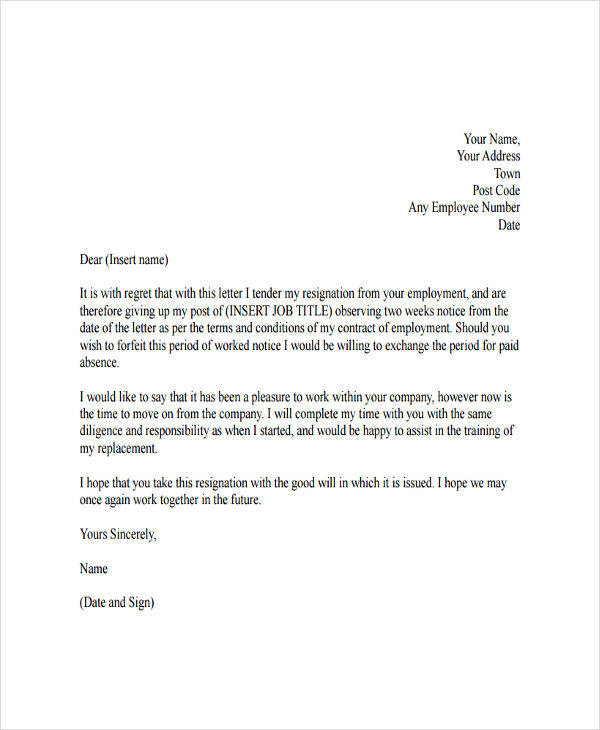
Alternatively, I could allocate an hour to meet with the project team and discuss how I would approach it. I plan to have this project finished by the end of the week, so I could begin the new project early next week. I'm sorry, but I can't begin this project until I finish the one I'm working on currently. "I understand the importance of beginning this project right away. Please let me know what works best." Saying no to a project I could attend the first half of the meeting remotely before leaving for my appointment, or I can come in early the next day to discuss the highlights of the meeting with you. Unfortunately, I am unable to make the meeting, as I have an appointment planned for that time. "I understand the need to meet with a new client on short notice. Here are some example scenarios of when you may need to decline a request: Turning down a meeting
#We regret to inform you other term how to#
Read more: How To Nicely Say 'No' (With 50 Examples) Examples of politely declining a request If politely declining the request, explaining your reasons and proposing alternatives doesn't achieve your intended result, then refer the person requesting an immediate supervisor. Which would work best for you?" As a last resort, ask for help In declining to write a letter of recommendation, you could say, for example, "While I'm not comfortable writing you a letter of recommendation at this time, I would be happy to look over your resume or put you into contact with our human resources department. If possible, propose two or three of the possible alternatives you brainstormed earlier. For example, "I cannot attend the meeting because I have another appointment scheduled at that time" is sufficient. For this step, only provide what information is necessary. Give a reason for declining the requestīriefly explain why you have to decline the request. For example, "I'm sorry, but I am unable to write a recommendation letter for you at this time" directly and politely indicates your position. Firmly, but gently, decline the requestīe clear and direct to avoid any chance of misinterpretation. If your supervisor calls a meeting to meet a new client while you're at an appointment, for instance, you may be able to meet the client at a different time or attend part of the meeting remotely. The better you understand the reasoning behind the request, the easier it is to identify solutions. Try to brainstorm at least two possible alternative solutions to the request.

Clarify by asking questions and restating concerns. Make sure that you understand, for example, why the meeting must occur on short notice or a customer wants to cancel an order. No matter the source of the request or your reasons for refusing it, consider taking these steps when declining a request: Understand the reason for the request Read more Guide To Customer Service How to politely decline a request
#We regret to inform you other term professional#
Vendors may request you consider buying products you are not interested in.īeing able to tactfully decline these requests allows you to maintain these professional relationships and develop honest and skillful ways of interacting with the other party. Customers may want to change an order or receive a discount, which may be inconsistent with company policy. Supervisors may ask you to schedule a meeting on short notice, which may not be feasible given your other commitments. You may decline these due to being busy on other projects or not being comfortable providing a reference. Common requests from coworkers include asking for assistance, making an introduction or providing a reference. Types of requests at work and why decline themĪt work, requests can come from several sources: coworkers, supervisors, customers and vendors. Further, if you offer effective alternative solutions, you may even improve workplace efficiency, teamwork and communication. The second reason to politely decline requests is that, when done correctly, you can maintain relationships at your workplace. Declining time-consuming or overly challenging requests realistically communicates your capabilities and competence. You may take requests from clients, vendors, managers and coworkers who are simply unaware of your schedule and workload.

One reason declining requests is important is that you have a limited amount of time in your day and others may ask you to do more than is possible. Read more: 8 Ways To Build Workplace Relationships Why is it important to politely decline requests?

In this article, we examine the steps of politely declining requests at work. As a result, being able to politely decline requests at work is an important skill for both maintaining relationships and staying productive.

No matter your position, clients, vendors, supervisors and coworkers will ask for both your time and attention. Whether you're just beginning a new job or you're a long-term professional, your time is valuable.


 0 kommentar(er)
0 kommentar(er)
